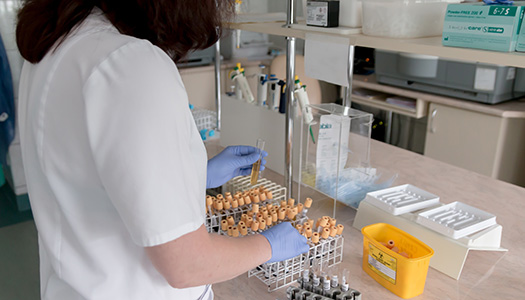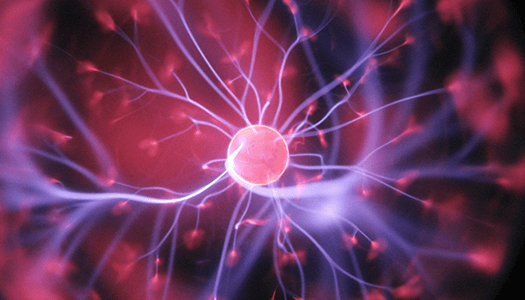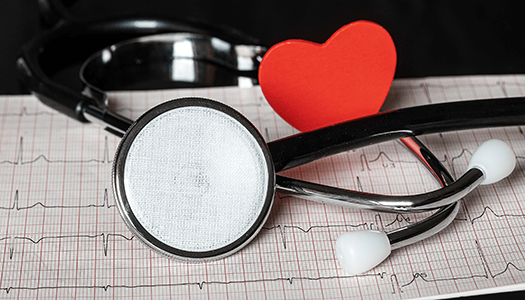Leg Cramps….
Leg cramps, also known as night leg cramps, especially calf-muscle cramps, are fairly common. In most cases these types of cramps occur while the individual is sleeping or resting.
Leg cramps are sudden, painful involuntary contractions of a leg muscle. The cramp usually only lasts a few minutes, sometimes a few seconds. Rarely though, they can last up to 10 minutes. Sometimes the pain is so severe that the patient is woken up and has a tender muscle for up to 24 hours afterwards.
As we get older we become more prone to experiencing leg cramps – about 1 in 3 people over the age of 60 years and half of people over 80 has regular leg cramps. Pregnant women tend to have night leg cramps more often than non-pregnant women. Approximately 40% of people who get leg cramps do so at least three times a week; in some cases they occur daily.
Symptoms:
Most muscle cramps develop in the leg muscles, particularly the muscles in the calf. In addition to the sudden, sharp pain, you may also be able to feel or see a hard lump of muscle tissue beneath your skin.
Causes:
- Overuse of a muscle,
- dehydration,
- muscle strain
- simply holding a position for a prolonged period of time may.
In many cases, however, the exact cause of a muscle cramp isn’t known.
Although most muscle cramps are harmless, some may be related to an underlying medical condition, such as:
- Inadequate blood supply.
- Nerve compression.
- Mineral depletion:- Too little potassium, calcium or magnesium in your diet can contribute to leg cramps.
Preventions:
- Avoid dehydration. Drink plenty of liquids every day. The exact amount depends on what you eat, your sex, your level of activity, the weather, your health, your age and any medications you may be taking. Fluids help your muscles contract and relax and keep muscle cells hydrated and less irritable. During the activity, replenish fluids at regular intervals, and continue drinking water or other fluids after you’re finished.
- Stretch your muscles. Stretch before and after you use any muscle for an extended period. If you tend to have leg cramps at night, stretch before bedtime. Light exercise, such as riding a stationary bicycle for a few minutes before bedtime, also may help prevent cramps while you’re sleeping.







